
 Flash News
Flash News
DW: Parliamentary elections a decisive test for the EU
SP candidate money in exchange for votes? Police prosecute the person who denounced him with video
Prokuroria kërkon tre burgime të përjetshëm për Dan Hutrën
Two days before the elections, the government forgives all the fines imposed from January 2015 to November 2024
"Giro d'Italia 2025" tomorrow in Vlora/ Police announce traffic and parking measures for citizens
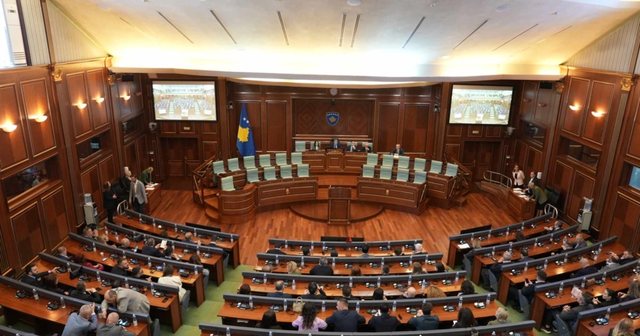
Kosovo continues to be without a functional Assembly, as MPs have failed again – in their thirteenth attempt – to constitute a new Assembly.
The latest failure occurred on Friday, exactly three months after parliamentary elections were held on February 9th.
As in the sessions of the past few days, on Friday the chairman of the constitutive session, Avni Dehari, again requested the formation of a commission to oversee the secret ballot for the speaker of parliament.
The proposal did not receive enough votes and the session was adjourned to continue two days later, on Sunday morning.
Successive failures to constitute a new Assembly have deepened the country's political impasse, raising concerns about institutional paralysis and are seen as a test of Kosovo's state maturity.
No party won a majority to govern alone. The Vetevendosje Movement came out on top, winning 48 seats, 13 short of the minimum 61 needed to form a new government alone.
Although dozens of sessions have been called to constitute the Assembly, political divisions have continuously hindered this process.
Vetëvendosje is failing to secure the 61 votes needed to elect Albulena Haxhiu to the position of Speaker of the Assembly.
Haxhiu is seen by the Democratic Party of Kosovo and the Alliance for the Future of Kosovo (AAK) as a "divisive figure," while the Democratic League of Kosovo says it will not support any Vetëvendosje candidate for speaker of parliament.
Vetëvendosje insists that Haxhiu deserves to be elected and, although it has sought political agreements with other parties, has ruled out the possibility of bringing forward another candidate besides itself.
After Haxhiu's successive failures to obtain the necessary votes during the open vote, the chairman in recent sessions has attempted to bring about a secret vote, and for this, AAK said it will address the Constitutional Court, saying that secret voting is a violation.
Despite some recent moves to break the deadlock, there is no agreement between parliamentary parties.
LDK, which came in third, winning 20 seats, has rejected Vetëvendosje's offer for a governing coalition.
Instead, LDK leader Lumir Abdixhiku has called for the formation of a transitional government among parliamentary parties until the country's president is appointed, i.e. in April 2026, when the current president Vjosa Osmani's term ends.
While Vetëvendosje has immediately opposed the idea of such a government, other parliamentary parties have expressed willingness to talk.
Gëzim Visoka, professor of Peace and Conflict Studies at the University of Dublin in Ireland, told Radio Free Europe that the current crisis and political paralysis created in Kosovo should serve as an incentive to rethink and rebuild political culture.
He emphasized that this is a test of Kosovo's maturity as a state, and of its ability to change governments and powers without international intervention or supervision.
"It is paradoxical that the current parties have called for Kosovo's independence from international supervision, but are now having difficulty making it functional and self-sustaining," Visoka said.
Meanwhile, President Vjosa Osmani has expressed her willingness to help break the political deadlock.
Her advisor, Bekim Kupina, said on Thursday that the presidential cabinet will soon contact political parties to see what the appropriate time is for a meeting with the leaders of the political entities.
The deputies must elect the president and five vice presidents to finally constitute the new Assembly.
Only after the constitution of the Assembly can the new Government be formed.
Latest news


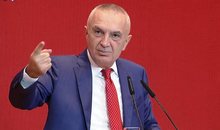

Euro deposits fell by 0.4% during the first quarter of the year
2025-05-09 18:17:43

Eurovision 2025: The way qualifying countries are announced changes
2025-05-09 17:54:53
Kosovo/ Famous stylist stabs girlfriend in Pristina, then kills himself
2025-05-09 17:43:40
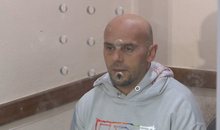
Prokuroria kërkon tre burgime të përjetshëm për Dan Hutrën
2025-05-09 17:23:51
Election materials arrive in Durrës under strict security measures
2025-05-09 17:11:46
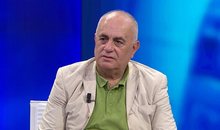
Who will I vote for?
2025-05-09 16:48:25
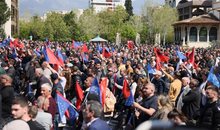
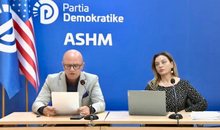
DP: Wanted persons are looking to collect votes for the Socialist Party
2025-05-09 16:02:06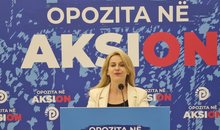

Artan Hoxha: One person was taken hostage for political conflict! SPAK failed
2025-05-09 15:30:17




Is Rama ready to become the next Hoxha?
2025-05-09 13:50:12
Election materials arrive in Kukës, Has and Tropoja
2025-05-09 13:30:20
Electoral flight to Vlora
2025-05-09 13:18:04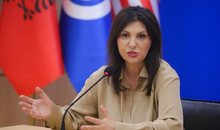

IdentiTek offices open on Saturdays
2025-05-09 13:03:13
Will artificial intelligence help us talk to animals?
2025-05-09 12:55:58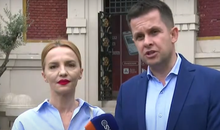



Rama's fourth act: between Brussels and the Mafia
2025-05-09 12:12:47
The body of a 29-year-old man in Klos is found after 6 days
2025-05-09 12:01:27
Berisha: After May 12, this opposition will become the majority in Albania
2025-05-09 11:52:37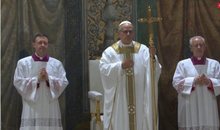
Leo XIV celebrates his first Mass as Pope
2025-05-09 11:42:34
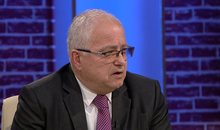
Spaho denounces: SP candidate in Pogradec gives 100 thousand lek for the vote
2025-05-09 11:27:26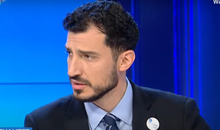
Mustafaj: Proud of the worthy campaign of the DP
2025-05-09 11:22:20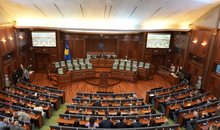
Constitution fails again, Kosovo still without a new Assembly
2025-05-09 11:06:55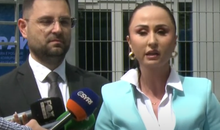





"Votes have no price", the US embassy in Tirana 'slaps' Rama
2025-05-09 10:06:49

Two young men arrested for supplying criminal groups with firearms
2025-05-09 09:45:19
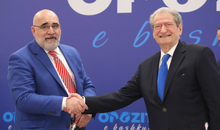



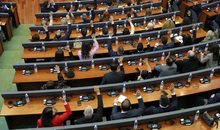
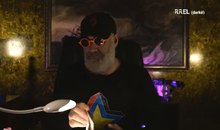

Foreign exchange/ How much foreign currencies are bought and sold today
2025-05-09 08:19:18
The gift that Berisha gave to Rama 'live'
2025-05-09 08:13:51
3 signs that show you are spiritually protected
2025-05-09 08:05:39

Bars can't hold back anymore, start increasing coffee prices, 4.7% more in April
2025-05-09 07:46:49

Horoscope, what do the stars have in store for you today?
2025-05-09 07:22:06
Unstable weather, afternoon brings rain
2025-05-09 07:01:29
Morning Post/ In 2 lines: What mattered yesterday in Albania
2025-05-09 06:45:46

How did LaCivita change the DP campaign? Berisha: He studied the opponent
2025-05-08 22:49:51

David defeats Goliath
2025-05-08 22:15:50

Journalist: There are SPAK infiltrators in party headquarters
2025-05-08 21:55:15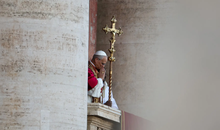
Who is the new Pope?
2025-05-08 21:48:13
Berisha finally reveals when he will retire from politics
2025-05-08 21:33:46


LaCivita in Lezha: Albanians will fire Edi Rama from his job
2025-05-08 21:11:20
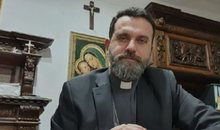

Berisha: LaCivita chose us because he believes in Reagan's program
2025-05-08 20:48:40
He rejected America to serve Pogradec, Genti Çela tells about life in "Elevate"
2025-05-08 20:26:28



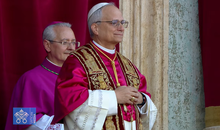
Pope Leo XIV greets the faithful for the first time in St. Peter's Square
2025-05-08 19:29:33




Photo session with LaCivitta in Tirana: For Great Albania
2025-05-08 18:40:18
Source: DASH decision a personal victory for Berisha
2025-05-08 18:30:10
Take off those crazy glasses and see where you've taken him?
2025-05-08 18:02:47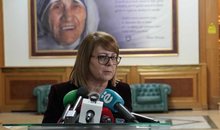
LDK files criminal charges against members of the incumbent Government
2025-05-08 18:02:00




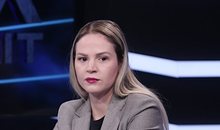

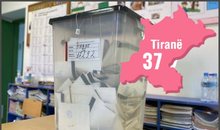
BIRN analysis: Tirana, the determining district for the future majority
2025-05-08 16:04:03

